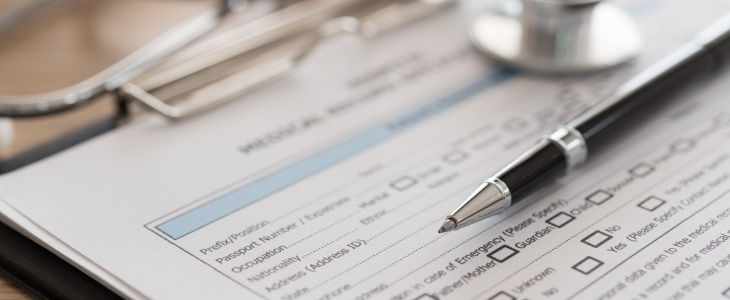When a doctor does something that results in harm to a patient, he or she may be guilty of medical malpractice. It’s difficult to prove medical malpractice. Assembling the evidence needed can be a daunting challenge. Consult a New Jersey personal injury attorney if you think you have been the victim of medical malpractice.
Medical Malpractice Overview
According to the National Library of Medicine, medical malpractice lawsuits are common in the United States. To prove a medical malpractice claim the doctor must have been negligent, and the patient must have suffered severe pain or disfigurement, or possibly death, as a direct result of that negligence.
The statute of limitations (deadline) for filing a medical malpractice case in New Jersey is two years from the date the plaintiff suffered harm. If the plaintiff is a child injured at birth, the lawsuit must be filed before the child’s 13th birthday. There are special rules for lawsuits over birth injuries.
Types of Evidence in Medical Malpractice Cases
Evidence plays a huge role in proving a medical malpractice case, and the New Jersey rules regarding that evidence are complex.
There are many different kinds of evidence to prove medical malpractice. Here are some of them:
- Medical records (including hospital, ER, outpatient treatment, and physical therapy)
- Prescription records
- Depositions of doctors, patients, or other medical professionals
- Radiographic films (x-rays, MRIs, CT Scans, ultrasounds, PET Scans, etc.)
- Expert witness testimony and opinions
- Photographs
- Affidavits or sworn statements
Gathering this type of evidence and getting it admitted at trial is a lengthy and costly undertaking. Medical records are critical to proving the case. Depositions are also critical because they are sworn testimony and admissible in court.
The Most Important Evidence
Like most states, New Jersey requires another doctor or medical professional to provide an affidavit attesting to the negligence of the medical professional named as the Defendant in the lawsuit, in most medical malpractice cases. Without it, the case will usually be dismissed. New Jersey Statutes section 2A:53A-27 states that any reasonable person would conclude that what happened to harm the patient violated the standards of care. This Affidavit of Merit has to be filed within sixty days of the filing of the Complaint.
Damages in a Medical Malpractice Case
In any medical malpractice case, damages must be proven. There are obvious damages like medical costs, and assistive devices costs (like a wheelchair, for example), but there are also damages for pain and suffering. New Jersey Statutes section 2A:15-5.14 limits punitive damages to $350,000 or five times the amount of compensatory damages, whichever is greater. To prove punitive damages, the Plaintiff must show that the doctor or medical professional acted with malice or “wanton disregard.”If you or someone you love has a possible medical malpractice case, you need to consult an attorney to evaluate it. Proving medical malpractice in New Jersey is difficult. Contact us as soon as possible for an evaluation.

